Wikipedia
"The Supermarine Spitfire is a British single-seat fighter aircraft that was used by the Royal Air Force and other Allied countries before, during, and after World War II. Many variants of the Spitfire were built, using several wing configurations, and it was produced in greater numbers than any other British aircraft. It was also the only British fighter produced continuously throughout the war. The Spitfire continues to be popular among enthusiasts; nearly 60 remain airworthy, and many more are static exhibits in aviation museums throughout the world.'
Role
Fighter / Interceptor aircraft
National origin
United Kingdom
Manufacturer
Supermarine
Designer
R. J. Mitchell
First flight
5 March 1936
Introduction
4 August 1938
Retired
1961 Irish Air Corps
Primary users
Royal Air Force
Royal Canadian Air Force
United States Army Air Forces
Produced
1938–1948
Number built
20,351[3]
Unit cost
£12,604 (£774,905 in 2017) (Estonian order for 12 Spitfires in 1939)[nb 1][4]
Variants
Supermarine Seafire
Supermarine Spiteful
'The Spitfire was designed as a short-range, high-performance interceptor aircraft by R. J. Mitchell, chief designer at Supermarine Aviation Works, which operated as a subsidiary of Vickers-Armstrong from 1928. Mitchell pushed the Spitfire's distinctive elliptical wing with cutting-edge sunken rivets (designed by Beverley Shenstone)[5] to have the thinnest possible cross-section, helping give the aircraft a higher top speed than several contemporary fighters, including the Hawker Hurricane. Mitchell continued to refine the design until his death in 1937, whereupon his colleague Joseph Smith took over as chief designer, overseeing the Spitfire's development throughout its multitude of variants.
During the Battle of Britain, from July to October 1940, the public perceived the Spitfire to be the main RAF fighter, though the more numerous Hurricane shouldered a greater proportion of the burden against Nazi Germany's air force, the Luftwaffe. However, Spitfire units had a lower attrition rate and a higher victory-to-loss ratio than those flying Hurricanes because of the Spitfire's higher performance. During the battle, Spitfires were generally tasked with engaging Luftwaffe fighters—mainly Messerschmitt Bf 109E-series aircraft, which were a close match for them."
(Thanks Wiki for the info)
Paint scheme
supermarine spitfire fr mk.xviiie
Specifications
Spotlights
- BowtheAvali 4.8 years ago
- Planeacceleration 4.8 years ago
- masotan15 4.8 years ago
- Inuyasha8215 4.8 years ago
General Characteristics
- Created On Android
- Wingspan 46.8ft (14.3m)
- Length 36.5ft (11.1m)
- Height 13.2ft (4.0m)
- Empty Weight 7,223lbs (3,276kg)
- Loaded Weight 8,290lbs (3,760kg)
Performance
- Horse Power/Weight Ratio 0.12
- Wing Loading 14.7lbs/ft2 (71.6kg/m2)
- Wing Area 565.4ft2 (52.5m2)
- Drag Points 2542
Parts
- Number of Parts 117
- Control Surfaces 5
- Performance Cost 452

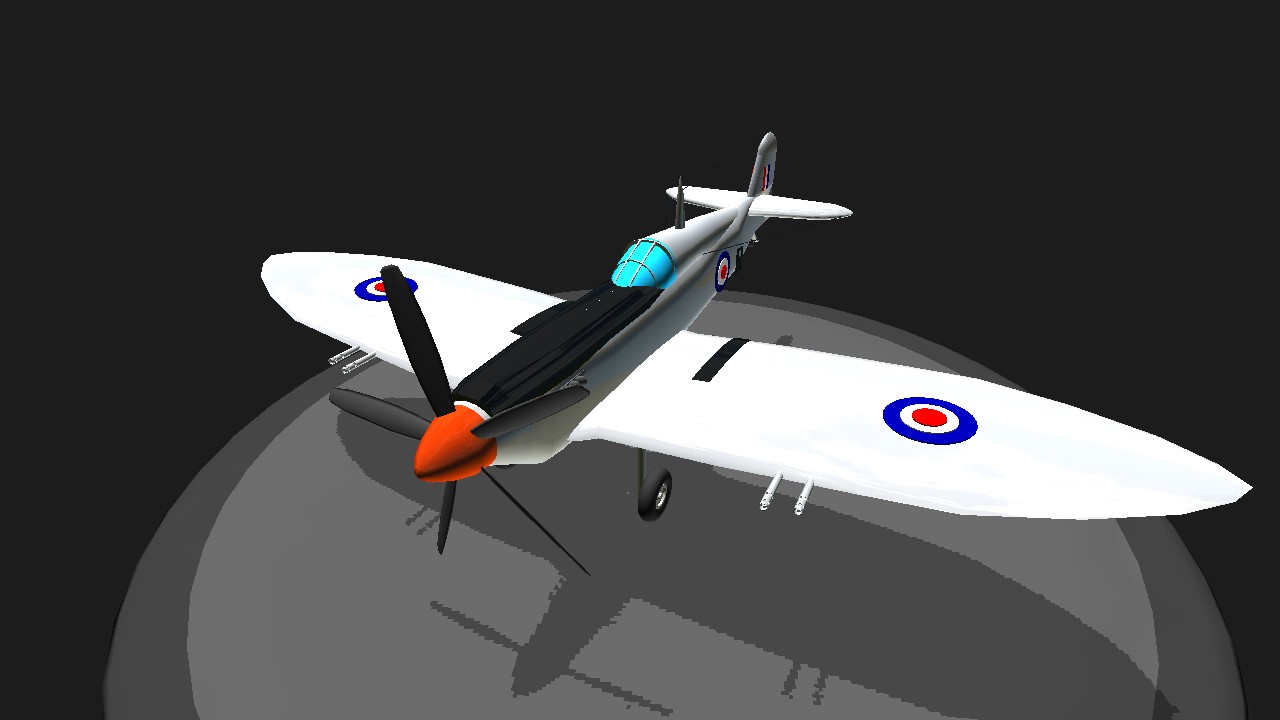
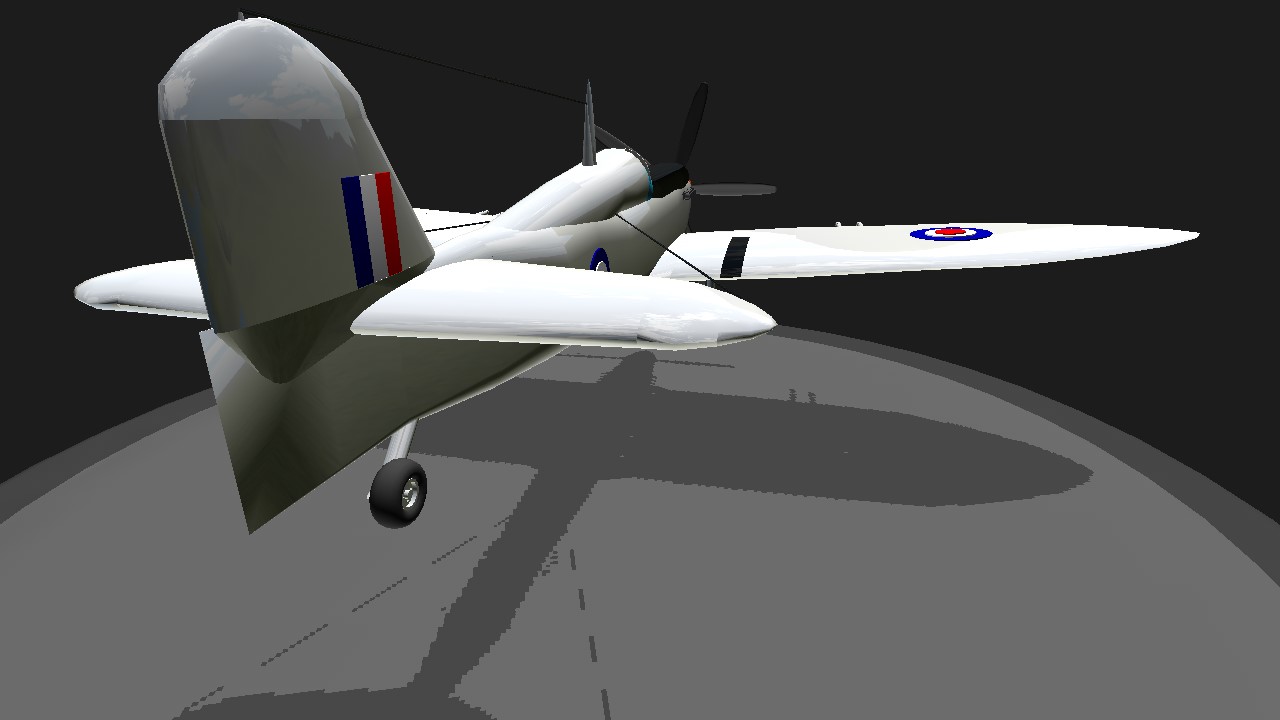
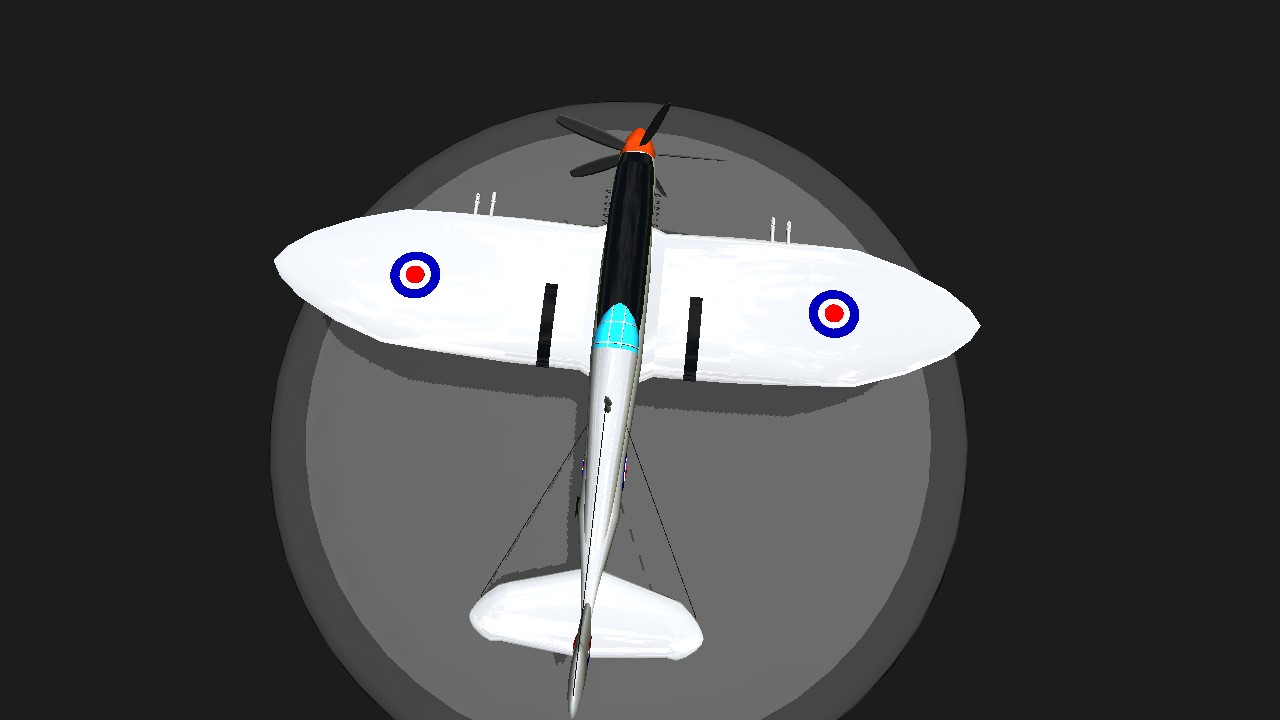
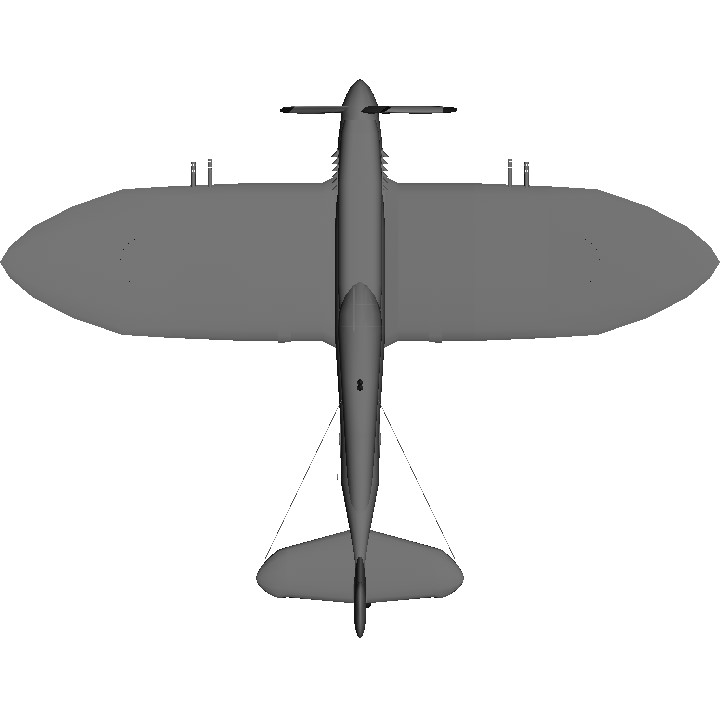
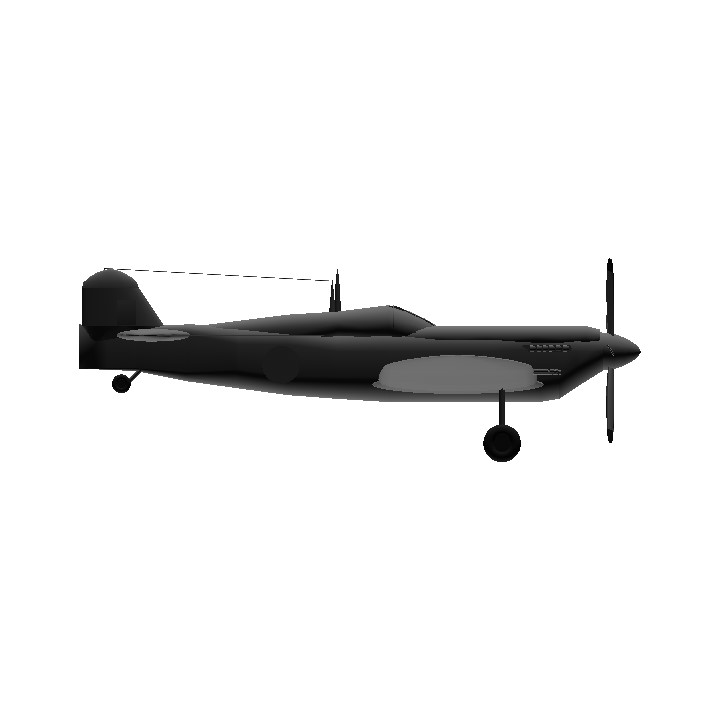
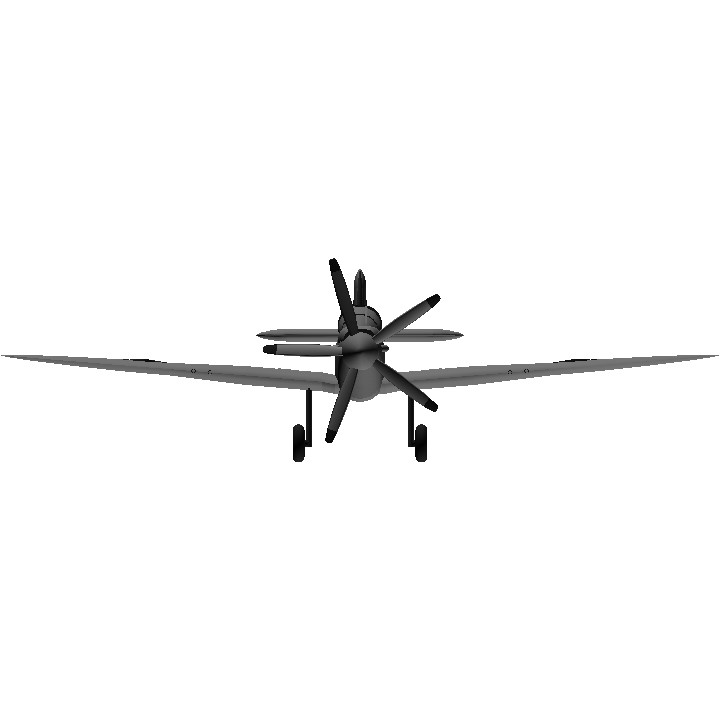
My most detailed plane.
@Hedero for making it fly and a little help on the wings look.
You should be, this post got you some attention for sure.@lilgreen06
@Hedero This post exploded
@Hedero When people spotlighted this post they went to my other posts and up voted them so this post got me a lot of points and up votes I am very proud of this post
@Hedero Oh ok
No I meant that I use wiki descs too.@lilgreen06
@masotan15 Also thank you for the suggestion
@masotan15 @Hedero I don't have discord sorry
Yeah I do too.@lilgreen06
@lilgreen06 wanna be freind on discord
@lilgreen06 no problem
@lilgreen06 you sould put '' in description
@Hedero @masotan15 thank you both so much, @Hedero I used wikipedia for my replica descriptions
Nice spitfire
Very nice description. You put a pretty good amount of effort into it.@lilgreen06